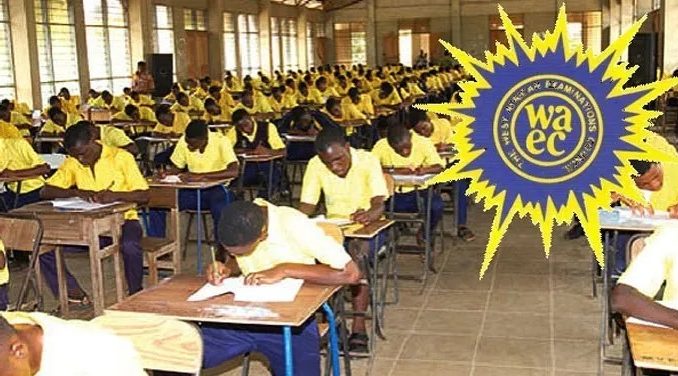
By Marvelous Nyang
June 2, 2024
The West African Examinations Council (WAEC) has assured that the ongoing West African Senior School Certificate Examination (WASSCE) will proceed as scheduled, despite the indefinite strike announced by Nigeria’s leading labour unions, the Nigeria Labour Congress (NLC) and the Trade Union Congress (TUC).
In an internal memo addressed to principals of participating schools, WAEC emphasised that the examination would not be interrupted by the strike, which commenced on Monday, June 3, 2024.
The memo, signed by T A Lawson, Ekiti Branch Controller for WAEC National Office, stated: “Please be formally informed that the conduct of WASSCE SC 2024 goes on as scheduled.”
WAEC expressed solidarity with the unions’ concerns but insisted that Nigerian students should not be disadvantaged, noting that the WASSCE is being conducted simultaneously across member countries.
ALSO READ: Nigerian Labour declares nationwide strike over wage stalemate, electricity tariff hike
School principals, supervisors, parents, and the general public are urged to make necessary arrangements to ensure students can sit for their exams.
Similar reassurances were provided in a statement from T O Danjuma, Ikeja Zonal Coordinator, to schools within the zone. However, the Head of WAEC Nigeria, Amos Dangut, clarified that the memo was intended for internal stakeholders and not for public dissemination.
Motorola Adesina, WAEC’s spokesperson, denied any suggestion that WAEC was defying the labour unions, calling instead for understanding to safeguard the future of Nigerian children.
“WAEC can never dictate to the Nigerian labour unions, but this is a passionate appeal for understanding for the sake of the future of the affected Nigerian children,” she stated.
The strike by the NLC and TUC, aimed at securing a new minimum wage and addressing electricity price hikes, is expected to significantly disrupt public services, including schools, hospitals, and transportation systems across Nigeria.
Negotiations between the unions and the government remain deadlocked, with the unions demanding a higher minimum wage than the government is willing to concede.




